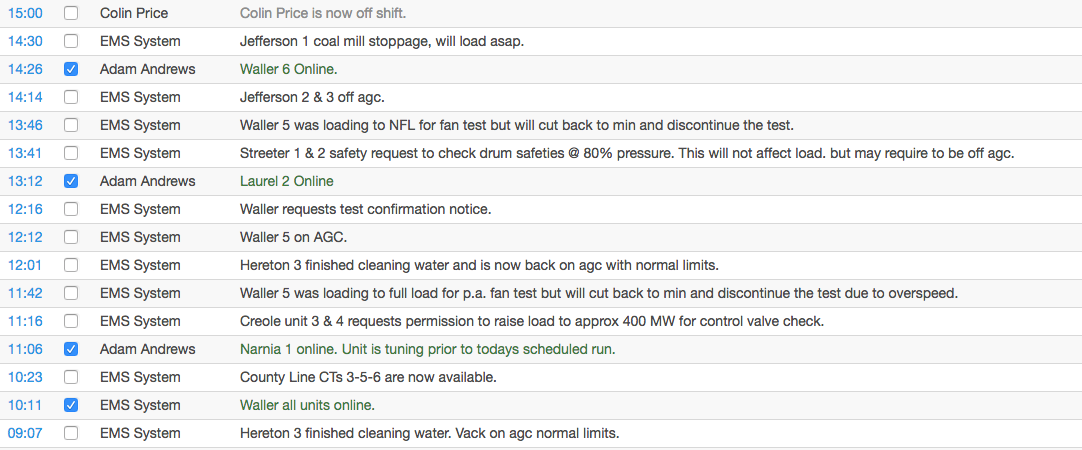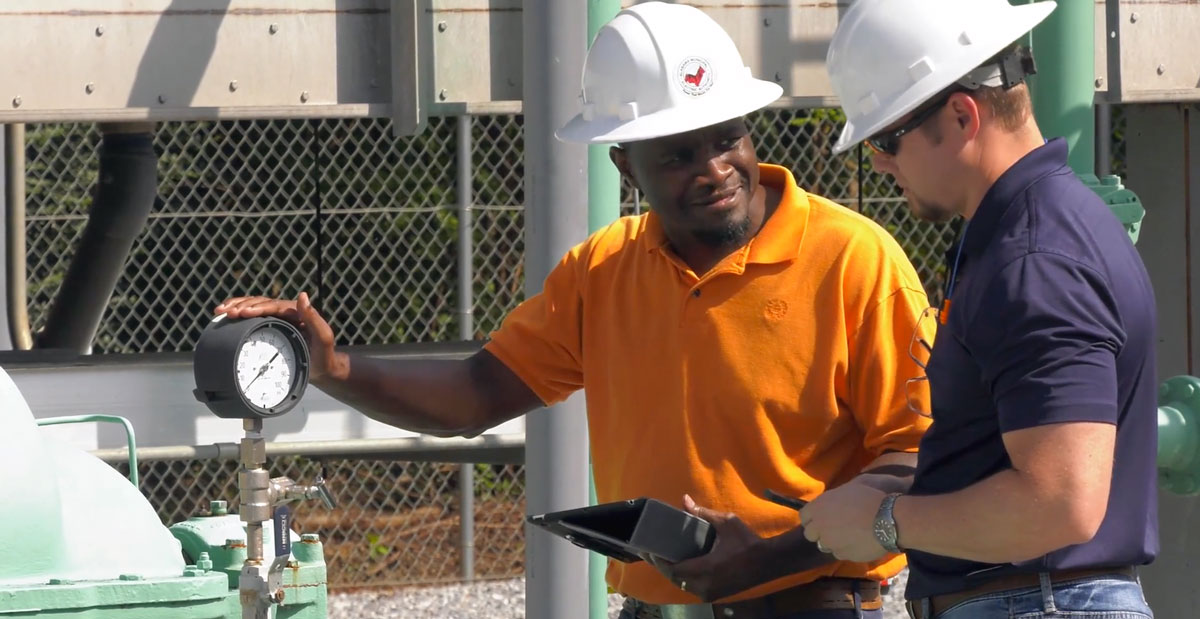Keeping Good Records – Why it Matters
In any operation, unexpected events will happen. At some point, with all of the moving parts involved, the odds are that devices, machines, processes, and people will fail. Generally speaking, the effects may be minimal but at times more damaging. Will you have the data necessary to construct a plan to prevent future events?

Traveling throughout the country to plants and operations, each manager that I speak to agrees that keeping good records is important. Yet, the methods vary significantly from location to location. In some cases the collection of data is sporadic and in other cases extensive. Regardless of the amount of data collected, I have found that few are happy with the current management and accessibility of their data. Too often they are digging through mounds of paper or numerous spreadsheets only to be disappointed with a lack of consistency of the data captured.
According to the NERC 2018 ERO Enterprise CMEP Implementation Plan, Risk assessment of noncompliance and identification of root cause are two areas of focus for the ERO Enterprise throughout 2017 and into 2018. Both of these initiatives will require significant data to achieve desired results. With that in mind, Plants are rethinking how they record events. Older methods like paper logs will need to be replaced with a more searchable electronic system. Standards will need to be established as to how data is recorded and its frequency.

The more data that is collected, the more information managers and operators will have to make better more informed decisions to reduce and mitigate risks. A good electronic logging system will enable them to see who took the note, when it was recorded and even allow images to be attached to the note for a clear reference. All of this information is creating to a more complete picture of what actually happened at the time of the event.
Data is helpful when properly managed. A system like Doozer’s LogBook was created to provide an easy to use platform to collect, store and manage your data in the most efficient way possible. There can be varying levels of technological understanding within an operation. LogBook’s intuitive dashboard keeps things clear and is easy to navigate.
Helpful Tips to Better Records:
- Choose a good system. The right system will fit your needs and help you keep things organized. It should be able to store and manage the data collected and be robust enough to integrate with established systems.
- Clearly Communicate. Communication with your team on what data is needed, where to store it, why it matters and how to use it is vital to the success of your initiative.
- Standardize. The process needs to be consistent across all shifts to ensure clear communication. Standardized methods help to keep everyone on the same page and rowing in the same direction.
- Enforce. It is important to make sure everyone is collecting notes frequently and following the established processes of data collection. Failure to follow protocol should not be acceptable to ensure a safe and efficient environment.
Got questions? Want to discuss how LogBook could help your organization? Contact us today!
